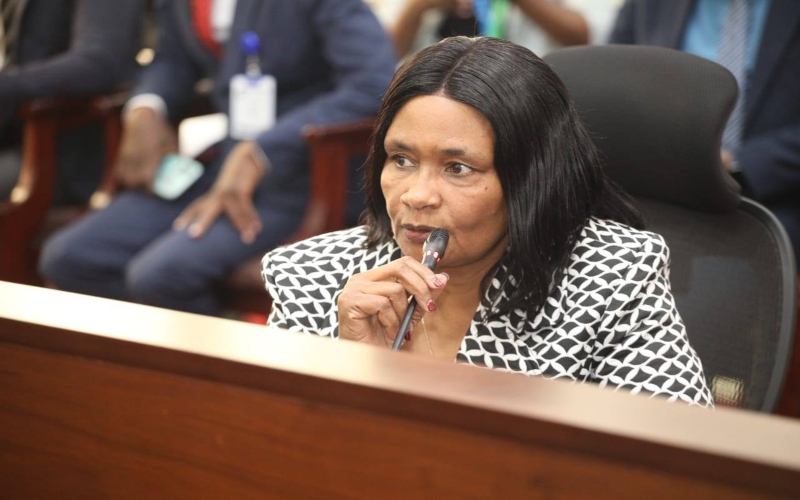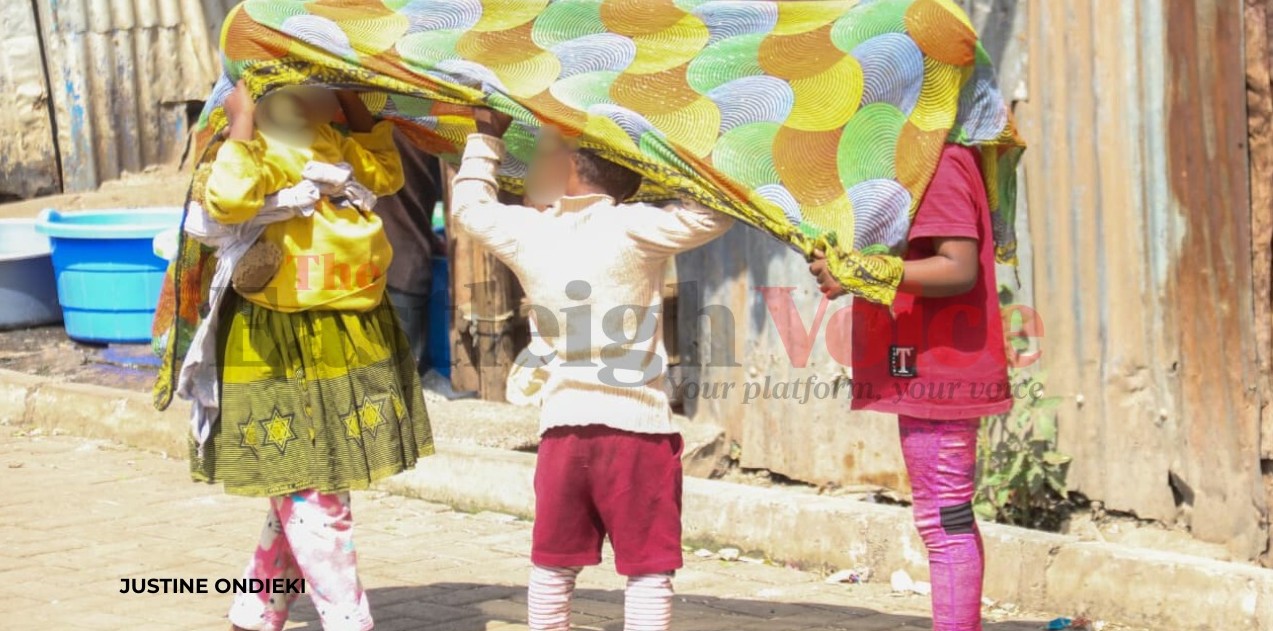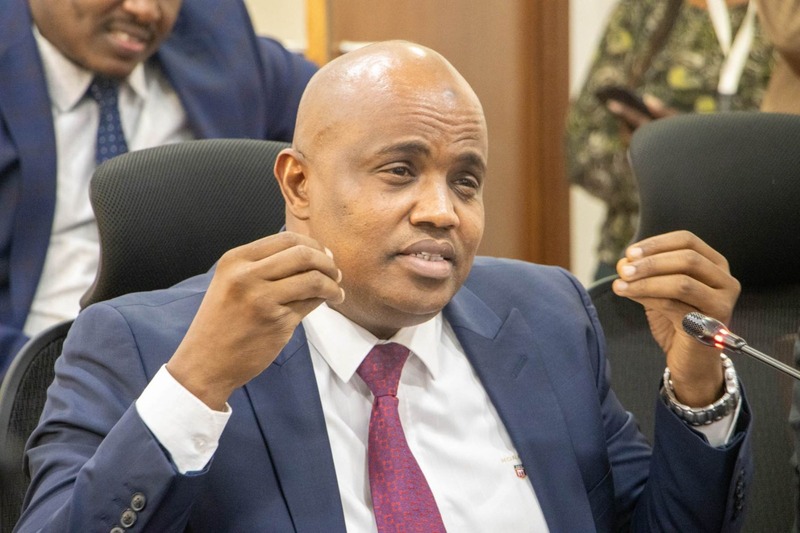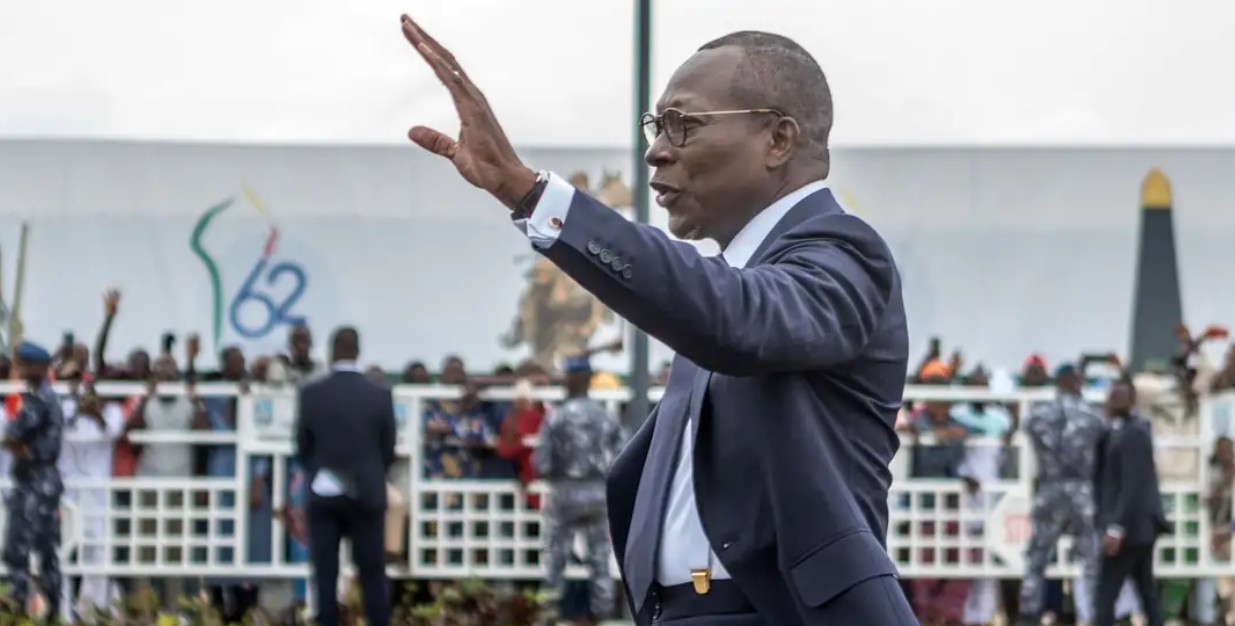261 officers stranded as deployment to Haiti stalls due to lack of equipment, support

The United States, the mission's main financier, stated that it could not continue shouldering such a significant burden, while France announced a contribution of $10 million.
A total of 261 Kenyan police officers set for deployment to Haiti remain on standby due to a lack of equipment and logistical support, Kenya's ambassador Monica Juma told the United Nations Security Council (UNSC) on Monday.
Dr Juma made the remarks as member states continued to debate and trade accusations over the inadequate support for the Haiti Multinational Security Support (MSS) Mission, whose future depends on voluntary contributions.
More To Read
- 230 Kenyan officers arrive home from Haiti as nation honours their heroic service
- 230 Kenyan police officers arrive in Port-au-Prince to reinforce UN-backed GSF
- Kenyan police officers in Haiti to return home after year-long deployment
- Record cocaine seizure in Haitian waters underlines country’s ‘pivotal’ trafficking role
- Haiti security forces say era of unchecked gang power is over as crackdown intensifies
- Haiti, Panama and Curaçao seal historic World Cup spots
Currently, the MSS Mission's deployment stands at less than 40 per cent of the anticipated 2,500 troops, further limiting its ability to deliver on its mandate.
Dr Juma stressed the need for the mission to be adequately deployed and resourced in order to achieve its goals.
"In Kenya today, a total of 261 officers who are trained and mission-ready remain on standby but are unable to reach the theatre due to a lack of equipment and logistical support. While I express my heartfelt appreciation to member states for their generous contributions—be it funds, equipment or logistical support, including through the Trust Fund for Haiti—a significant gap persists that hampers the mission's effectiveness," she said.
The United States, the mission's main financier, stated that it could not continue shouldering such a significant burden, while France announced a contribution of $10 million.
Dr Juma noted that Haiti has in recent times experienced a surge in gang violence extending beyond the capital, threatening the relative progress made by the MSS Mission since its deployment in June last year.
She warned that this situation may continue, as the mission, despite its commitment to achieving its mandate, is operating below capacity due to insufficient troop numbers, inadequate equipment, and limited logistical support.
Despite these challenges, she emphasised that the mission remains a critical enabler of humanitarian access, the delivery of essential services, and the revival of some economic activities in areas previously under complete gang control.
She added that the mission has continued to protect government facilities and has sustained operations against gangs, including an engagement as recently as Sunday night that resulted in multiple fatalities.
Responding to the UN Secretary-General’s assessment of the situation and his recommendation to delay the transition of the MSS Mission into a peacekeeping force, Dr Juma urged the Security Council to take firm and decisive action that prioritises the safety of the Haitian people.
"As a lead nation, I deeply appreciate the positive consultations we continue to hold with members of the Council, and I remain hopeful for an expeditious resolution that builds on and consolidates the progress made," she said.
She also called for urgent measures to curb the flow of illegal arms fuelling the violence in the country.
Meanwhile, Special Representative María Isabel Salvador, briefing the Council on the current security situation in the Caribbean nation, said a “deliberate and coordinated” campaign by organised crime groups aims to expand territorial control and paralyse the capital, Port-au-Prince.
"The magnitude of the violence has sown panic among the population," Salvador stated.
According to UN figures, more than 1,000 people were killed and nearly 400 injured in February and March alone. A further 60,000 have been newly displaced, adding to the one million Haitians already forced from their homes as of late 2024.
In the face of rampant violence, many Haitians have formed protection groups to safeguard their property, families, and communities. Public frustration has also prompted thousands to take to the streets, demanding more decisive action.
"At this critical juncture, all Member States must increase support to Haiti's security forces, particularly the MSS Mission – not as a matter of choice, but of necessity," she urged, highlighting the severe challenges facing the mission.
The crisis has disrupted UN operations and affected nearly all aspects of life in Haiti. Commercial flights into Port-au-Prince remain suspended, and key roads are blocked, straining operations and forcing UN agencies to reduce their presence and provide life-saving aid remotely.
Salvador warned that these minimal operations are becoming unsustainable due to severe funding shortfalls.
"The UN's ability to remain operational hinges on continued access, predictable funding, and support for logistical lifelines such as the World Food Programme (WFP) and the UN Humanitarian Air Service (UNHAS)," she said, warning that any further reduction in aid capacity could have dire consequences and risk the country’s collapse.
"We are approaching a point of no return. Without timely and decisive international support, the violence will continue to escalate, and Haiti could face total collapse," she cautioned.
Top Stories Today














































